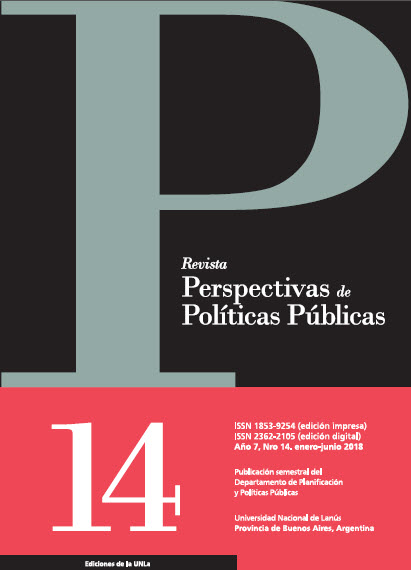The Uruguayan experiment: Political and social actors in the process of cannabis regulation
Abstract
In December 2013, Uruguay became the first country in
the world to regulate the cultivation, possession, sale and
consumption of cannabis throughout its territory, and to
put the State at the center of the production system of cannabis
destined to the market. This case study seeks to account
for this unique innovation in public policy through the analysis of roles, strategies and interactions between
social and political actors. Our explanation underscores
the role of presidential leadership; the importance of the
Uruguayan partisan and institutional context, and of
party discipline in particular; and the role of a preexisting
demand, mobilized and present both in civil society and
within the political system.






